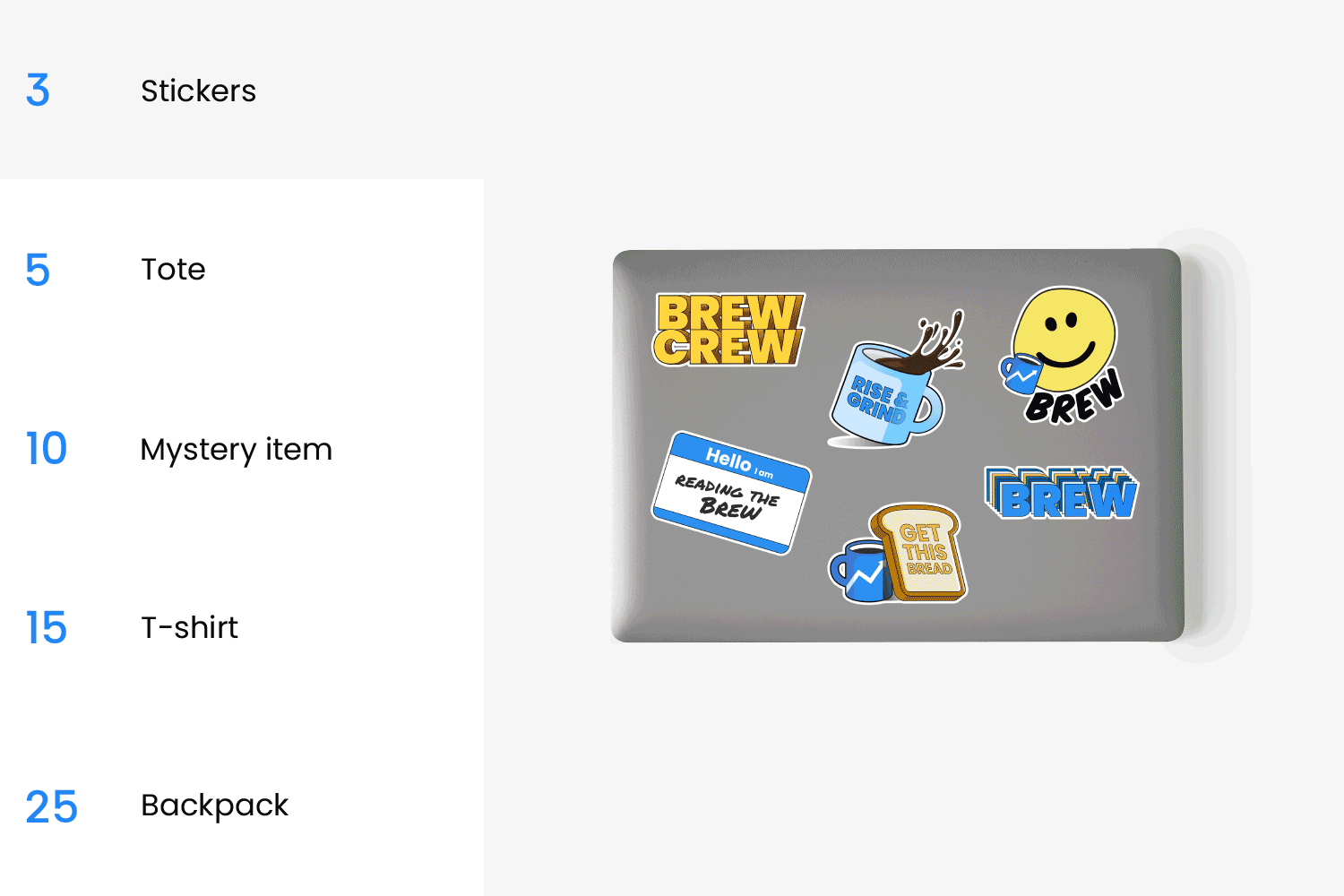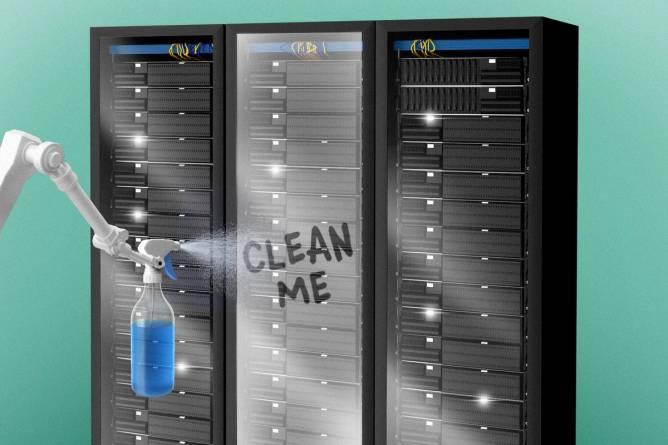Dianna “Mick” McDougall
|
The next time your bank, utility provider, or favorite store is hit by a data breach, don’t be surprised if you end up footing the bill.
Companies whose information is compromised are much more likely to pass expenses tied to the incident onto customers than they are to invest in beefed-up security, a new report from IBM Security found.
Over half (57%) of organizations in the study incorporated the exposure costs into their prices, while only 51% of companies actually increased security investments, according to IBM’s 2023 Cost of a Data Breach report.
This dissonance comes as data breaches cost more than ever for affected organizations—averaging $4.4 million per incident over the last year—and as investigations in their aftermath have grown increasingly complex.
Factors driving the associated costs include assessment and audit services, crisis management, notifying executives and customers, lost business, and disabled systems, the report said.
However, organizations shouldn’t throw up their hands and stop innovating in the face of such persistent threats, according to Charles Henderson, global head of IBM X-Force.
“Although data breach costs continue to rise for many, our report shows that by adopting the right technologies and strategies, businesses can significantly reduce detection time and costs,” Henderson wrote in a statement, shared with IT Brew via IBM rep Cassy Lalan. “For example, security AI and automation had the biggest impact on an organization’s ability to speed the identification and containment process for a breach—and led to the biggest cost savings. But with less than one third of organizations using AI and automation extensively, there is still significant opportunity to improve security speed and efficiency.”
Read more here.—KG
Do you work in IT or have information about your IT department you want to share? Email [email protected].
|
|
|
How? With Morning Brew’s engaged audience of 22m+ monthly readers, of course.
Our unique community of young, hard-to-reach readers (who are 1.7x more likely to have a household income of $150k+) can give your B2B offerings the valuable visibility you’re looking for.
B2B decision-makers know how crucial it is to get their business’s potential in front of the right  s, and the Brew’s paid advertising opportunities connect your brand to our audience by leveraging our popular B2B-centric franchise newsletters, specialized events, and skyrocketing cache of multimedia content. s, and the Brew’s paid advertising opportunities connect your brand to our audience by leveraging our popular B2B-centric franchise newsletters, specialized events, and skyrocketing cache of multimedia content.
Morning Brew is powered by the knowledge our readers trust us to deliver. From Retail Brew’s trending insights to Healthcare Brew’s timely updates, we’ve got a B2B Brew for you. Which one will you choose to grow with?
Advertise with us.
|
|
Hannah Minn
|
One way to secure a network? Disconnect it.
Google is reportedly testing disabling internet access for thousands of employees—with the exception of internal tools and Google-owned platforms—as part of an experiment in better securing the workplace, CNBC reported. Root access will be disabled for some employees.
Internal descriptions of the project that CNBC obtained stated that “Googlers are frequent targets of attacks.” The experiment is intended to prevent hackers from stealing data or remotely deploying arbitrary code. Since employees can access Google-controlled parts of the internet, it doesn’t appear to be a true air gap, which would disconnect the machines entirely from other networks.
Google doesn’t plan to roll out the restrictions company-wide, according to Google VP of Security Heather Adkins.
“No, we aren’t turning the internet off @google,” Adkins tweeted, adding the test only applied to “very specific” machines. “Testers have full internet access on other devices, and can also opt out of the test!” she added.
As ZDNet noted, Google hasn’t had a major data breach since a 2018 API bug update leaked tens of millions of Google+ users’ data, but rival Microsoft was recently targeted in a token forging attack by a hacker group in China.
The attack on Microsoft compromised email accounts at several US government agencies, and may have exposed millions of Azure Active Directory apps. Notably, both Google and Microsoft are increasingly competing for major US government contracts.
Read more here.—TM
Do you work in IT or have information about your IT department you want to share? Email [email protected]. Want to go encrypted? Ask Tom for his Signal.
|
|
Francis Scialabba
|
You may want to grab a bag of popcorn to go with that all-hands video call. Cisco and Zoom have both unveiled AI-driven “cinematic meeting” technologies intended to make work gatherings more entertaining. It may not feel exactly like going to the movies, but at least it won’t feel like a timeshare presentation.
Zoom’s Intelligent Director feature has already rolled out to users in beta; Cisco’s RoomOS Cinematic Meetings tool is expected in December. The cinematic meetings are intended to keep people’s attention with changing angles and perspectives.
A whole new world. Both the Zoom and Cisco products can be seen as a reaction to the new realities of hybrid work made commonplace by the pandemic.
“As more and more people have gone into the office, we have more and more situations where it’s no longer the nice Hollywood Squares layout—everybody in their own window,” Technalysis analyst Bob O’Donnell told TechTarget. “There’s the big room, and that room experience is not good.”
Fletcher Previn, Cisco’s CIO and someone with a bit of experience in show business, told IT Brew that a two-hour meeting leaves people tired, while a two-hour movie tends not to.
“Why is it that a meeting is so much more mentally taxing?” Previn said. “One of the reasons is a completely static view of somebody for two hours; it’s not the way your brain actually normally processes a thing.”
A demo shown to the conference audience at Cisco Live in early June previewed meetings where the technology would follow speakers with facial and audio recognition. Zoom’s technology does not use facial recognition.
Keep reading here.—EH
Do you work in IT or have information about your IT department you want to share? Email [email protected].
|
|
|
Never too late. If you’re just now exploring generative AI’s unlimited potential or trying to reduce your technical debt, don’t panic. Insight Enterprises has the answers to your most complex digital challenges. With Insight as your Solutions Integrator, you’ll have everything you need to support digital transformation.
|
|
Francis Scialabba
Today’s top IT reads.
Stat: 56%. That’s the proportion of the 200 respondents to a poll of higher education institutions reported paying ransom after hacks. (Sophos)
Quote: “Microsoft bears significant responsibility for this new incident.”—Oregon Senator Ron Wyden on a hack, believed to originate in China, that targeted US officials (the Wall Street Journal)
Read: Meta’s open source Llama generative AI model has the industry scrambling. (Wired)
$ell your business: Are you thinking about selling your tech or software SMB? Start the low-stakes process of connecting with qualified buyers on Rejigg. PS: Owners can use Rejigg for free.* *This is sponsored advertising content.
|
|
|
Share IT Brew with your coworkers, acquire free Brew swag, and then make new friends as a result of your fresh Brew swag.
We’re saying we’ll give you free stuff and more friends if you share a link. One link.

Your referral count: 2
Click to Share
Or copy & paste your referral link to others:
itbrew.com/r/?kid=9ec4d467
|
|
|








